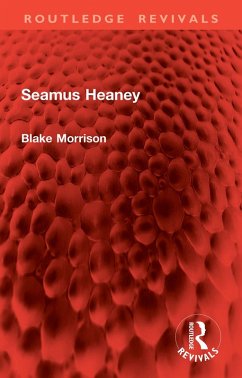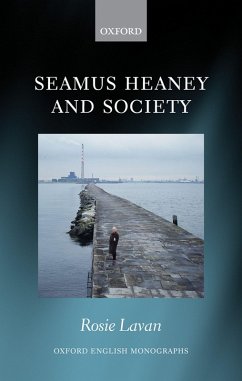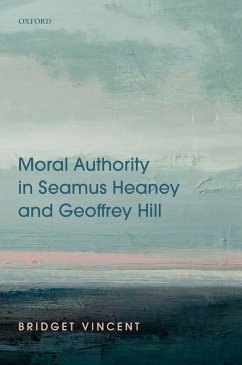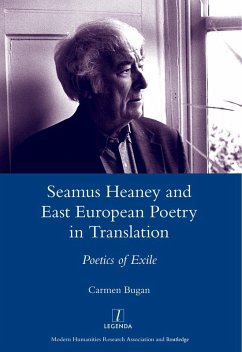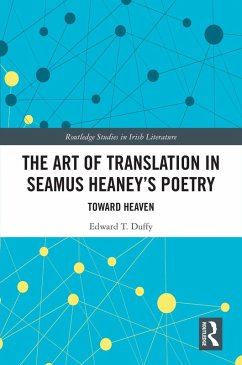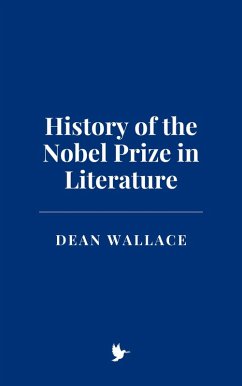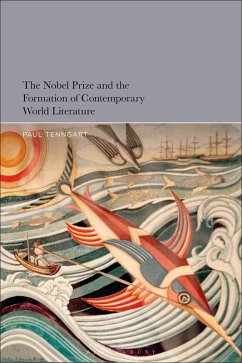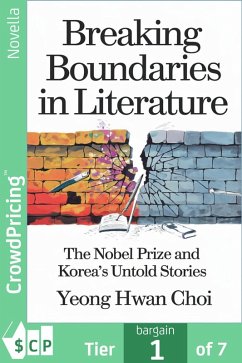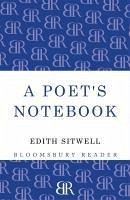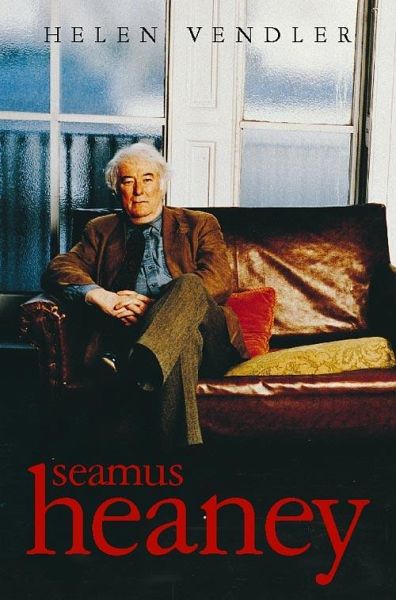
Seamus Heaney (Text Only) (eBook, ePUB)

PAYBACK Punkte
0 °P sammeln!
A dazzling short assessment of the life and work of the poet and winner of the 1995 Nobel Prize for literature.Among Heaney's many published collections are 'Death of a Naturalist', 'North', 'Field Work', 'Station Island' and 'Spirit Level' (May 1996), which was that rarest of things: a collection of poetry that was also a bestseller. Yet despite his popularity, Heaney's poetry can be difficult and intractable, not least because it is linked to two rich literary traditions, the English and the Irish.Helen Vendler is one of the finest literary critics writing today. First published in 2000, her...
A dazzling short assessment of the life and work of the poet and winner of the 1995 Nobel Prize for literature.
Among Heaney's many published collections are 'Death of a Naturalist', 'North', 'Field Work', 'Station Island' and 'Spirit Level' (May 1996), which was that rarest of things: a collection of poetry that was also a bestseller. Yet despite his popularity, Heaney's poetry can be difficult and intractable, not least because it is linked to two rich literary traditions, the English and the Irish.
Helen Vendler is one of the finest literary critics writing today. First published in 2000, her book is the clear, explicatory work of criticism, relating the poet to his poetry, that Heaney deserves.
Among Heaney's many published collections are 'Death of a Naturalist', 'North', 'Field Work', 'Station Island' and 'Spirit Level' (May 1996), which was that rarest of things: a collection of poetry that was also a bestseller. Yet despite his popularity, Heaney's poetry can be difficult and intractable, not least because it is linked to two rich literary traditions, the English and the Irish.
Helen Vendler is one of the finest literary critics writing today. First published in 2000, her book is the clear, explicatory work of criticism, relating the poet to his poetry, that Heaney deserves.
Dieser Download kann aus rechtlichen Gründen nur mit Rechnungsadresse in A, B, BG, CY, CZ, D, DK, EW, E, FIN, F, GR, HR, H, IRL, I, LT, L, LR, M, NL, PL, P, R, S, SLO, SK ausgeliefert werden.




